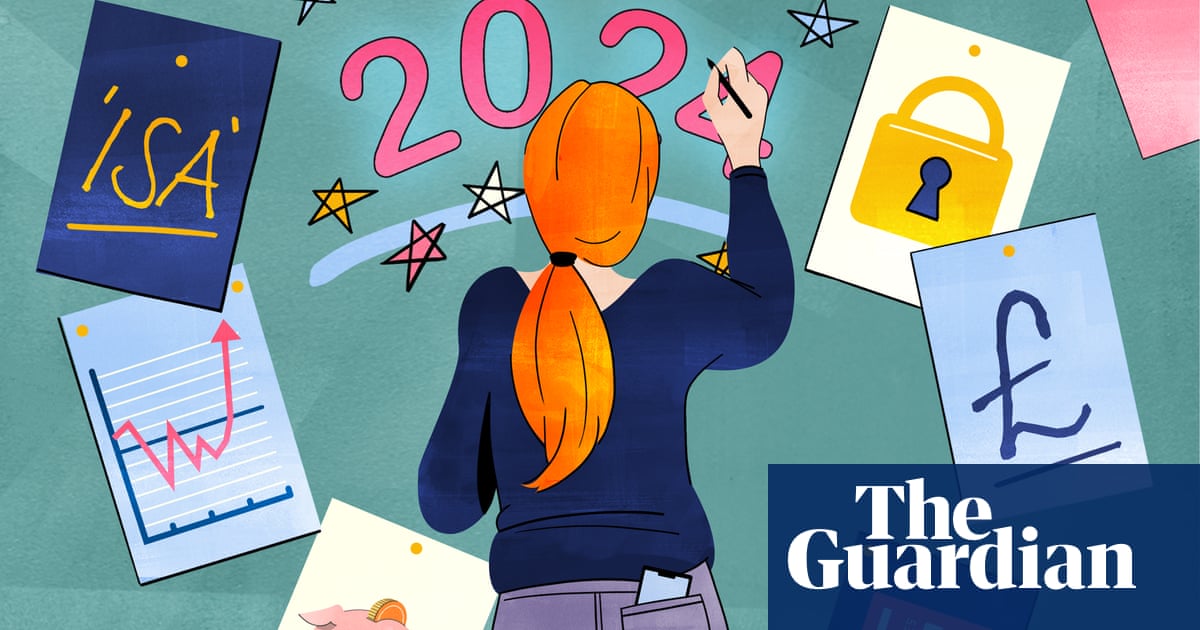
The Bank of England has increased interest rates to 0.25% from the historical low of 0.1% in an attempt to tackle rising inflation in the UK, but what does that mean for the public?
Will my mortgage go up?
Only if you have a variable rate mortgage – typically a tracker that follows the base rate, or a loan on a lender’s standard variable rate. A tracker mortgage will directly follow the base rate – the small print of your mortgage will tell you how quickly the rise will be passed on, but next month your payments are likely to increase and the extra cost will fully reflect the base rate rise. On a tracker currently costing 2.1% the interest rate will rise to 2.25%.
On a standard variable rate it is less straightforward – these can change at the lender’s discretion. Most commentators say there is no reason for banks and building societies not to pass on the full increase, so you should expect a rise. If your lender wanted to, it could increase rates by more. As an example, HSBC’s standard variable rate is 3.59%; if it passes on the full rise borrowers paying it will move to a rate of 3.74%. On a £150,000 mortgage arranged over 20 years that will mean monthly repayments go up by £11.66.
Most borrowers are, however, on fixed-rate mortgages. Interest rates have been so low in recent years that locking in has been attractive, and since 2019, 96% of new mortgages for owner-occupiers have been taken on fixed rates. In total, 74% of outstanding mortgages are fixed, and these borrowers will not see any immediate impact from the change.
Several million homeowners are now unmortgaged, thanks to years of low rates and enforced saving during lockdowns. For them the rate rise will have no impact on their housing costs.
What about my other borrowing?
Most personal loans are taken on fixed rates, so if you have unsecured borrowing you should continue to repay it as agreed. The Finance and Leasing Association does not have figures for what percentage of car loans and other consumer finance is on a variable rate, but says that most borrowing is done on a fixed interest rate.
Credit card rates are variable, but not typically explicitly linked to the base rate, so won’t automatically go up. Card providers can usually change rates as and when they want – recently, for example, American Express announced it would be charging its cardholders more, blaming the rising cost of offering rewards. They are already at a 23-year high.
What about my savings?
Savers have been the losers from years of rate cuts, and when the base rate was cut last year banks and building societies embarked on a new round of reductions. By the summer, many accounts were paying just 0.01%.
Account providers are at liberty to do what they want with rates, so the Bank of England’s decision will not necessarily translate to rises across the board. However, it should give those who want to attract savers’ cash the scope to offer a better deal.
“This base rate change may take a few months to trickle down to savers who have a variable rate deal, but there is also no guarantee the rate will be passed on to them in full, or at all,” says Rachel Springall, a finance expert at Moneyfacts.co.uk. “Should savers see 0.15% passed onto them, it would mean receiving £30 more a year in interest based on a £20,000 investment.”
Anna Bowes, of the Savings Champion website, says after a base rate rise in November 2017, interest went up on only half of variable rate accounts and after a rise in August 2018 just 32% of accounts were improved.
“Unfortunately savers tend to lose out in these circumstances as savings rates tend to fall more when the base rate is cut and rise by less when the base rate increases,” she says. “The link between the base rate and providers’ savings rates has detached over the years and some providers didn’t increase rates at all following the last rise in the base rate back in 2018 – others by far smaller margins than you would expect.”
That said, some providers have already started to increase rates in recent weeks. Recently, for example, Hodge Bank increased the interest paid on its one-year fixed-rate bond from 0.9% to 1.25% and returns on its five-year bond from 1.80% to 2.08%. Last month NS&I increased the interest rate on its Income Bonds by 14 basis points, from 0.01% to 0.15%
Will it have any other impact on my finances?
If you have a private pension and want to buy an annuity to provide an income in retirement you could benefit from the increase. Annuity providers invest in government bonds and these are expensive when rates are low as other investors want to hold them. When rates rise those other investors are inclined to sell the bonds, which makes them cheaper. As a result, annuity providers are able to offer better returns.
Annuity rates have already been rising and a rate rise could help those who are about to retire.
Will this affect the housing market?
A small rise like this is unlikely to have much impact – according to Dominic Agace, the chief executive of estate agents Winkworth, it has been “priced into the market in the costs of mortgages and buyers’ expectations” since before the Bank’s last decision.
Mortgage rates remain historically low, so people will still be able to borrow large sums. Further rate rises and/or sustained high inflation will have an impact though, as longer as lenders’ affordability checks remain in place. Currently, most lenders use their standard variable rate plus three percentage points when “stress-testing” applicants’ finances, and as their rates increase the mortgages that are judged affordable will get smaller.
The Bank plans to scrap that rule, which would ease that problem. However, monthly bills are likely to remain a factor in affordability checks, and if they continue to get higher again the sums people are allowed to borrow will get smaller.












